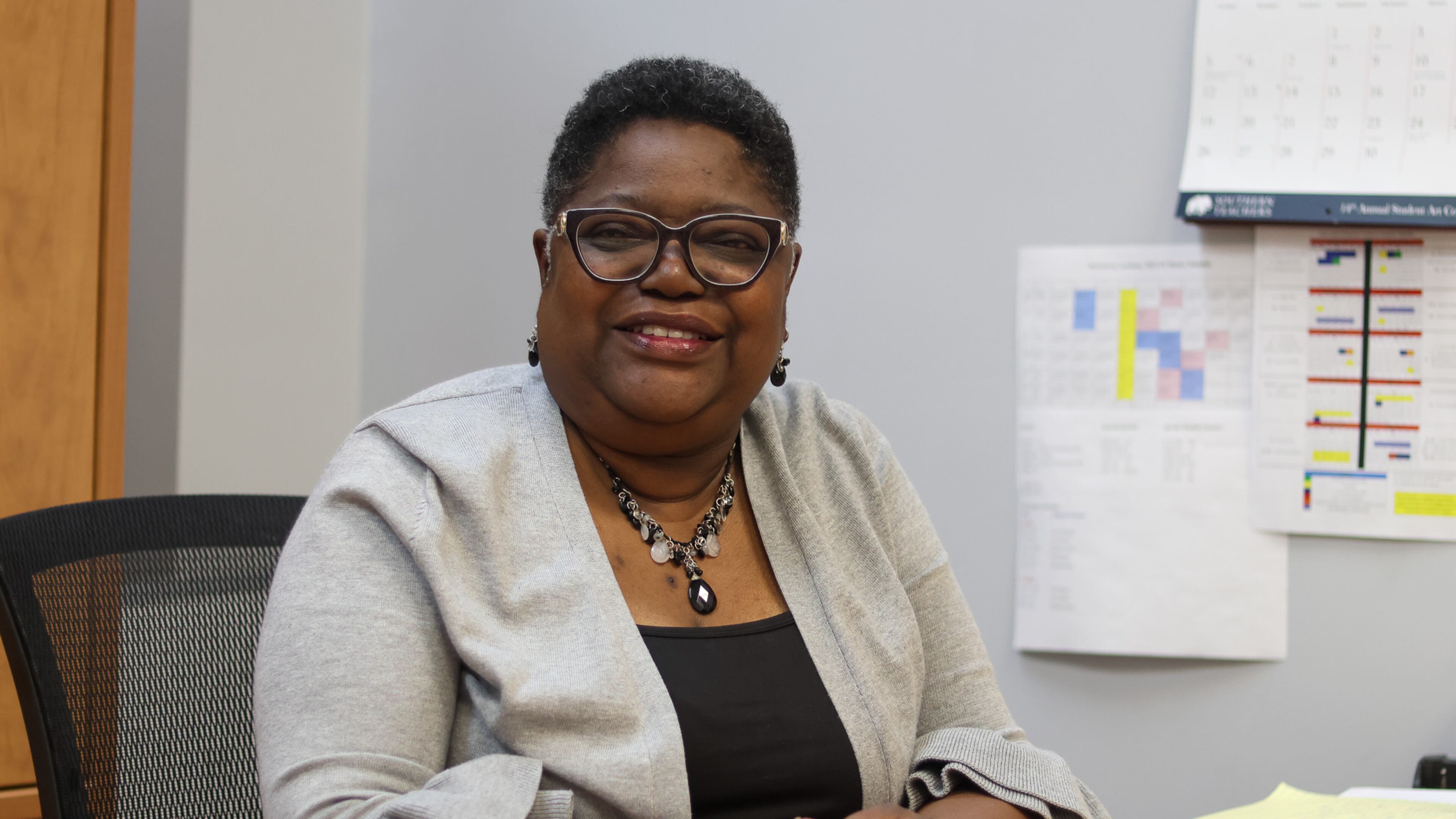Xernona Thomas experienced a health scare in late 2021 that caused her to make a life change but continue her life purpose. She retired as superintendent of the Clarke County School District but found a way to still support students to pursue success with post-secondary education and a career path.
She now does this as executive director of College Factory, an Athens non-profit that provides high school students with SAT and ACT test prep, college and career coaching and financial literacy training. Lawrence Harris, the founder and president of College Factory, approached Thomas after her retirement.
“I have a shirt that says, ‘I am my ancestors’ wildest dreams’. And I believe that, and I think for me being able to share that story with other young people, that it’s not impossible,” Thomas said. “It can be done. It’s not about where you come from; it’s where you’re trying to go, what you’re trying to do. Focus, and you can do it.”

She has spent her 30-year career helping students in the Athens-Clarke County and Oconee County communities. Thomas said she believes that there is potential for every child to experience success when given the appropriate support, just as she received from her family, counselors and teachers.
After graduating from Clarke Central High School, she enrolled at the University of Georgia. Thomas achieved three degrees from the university where her grandparents worked as custodians for over 40 years and that her mother couldn’t attend in 1960 because she was a person of color.
Thomas earned a bachelor’s in journalism in 1991, a master’s in social work in 1992, and a doctorate in educational leadership and policy in 2017.
In the early 1990s, she started working as a school social worker, where she saw children suffering from physical and emotional abuse and families dealing with severe health and financial problems. She knew then that her purpose was to help these children and families. She went on to roles at various schools in the county as an assistant principal, chief of staff and principal.
She served as interim superintendent for the Clarke County School District in November 2019. The coronavirus pandemic required her to “make difficult decisions every day,” said Board of Education vice president Tawana Smith Mattox, as Thomas was named superintendent in December 2020. She was the system’s first female school superintendent.
Then months later, Thomas was hospitalized for several days due to ketoacidosis, a serious complication of diabetes when a person’s body doesn’t have enough insulin to allow blood sugar to enter cells to be converted into energy. Being the superintendent during the pandemic led to stress, poor eating habits and a lack of exercise, she said.
However, her daughter’s words made her realize the impact her job was having on her health.
“I remember my daughter calling in, this was during the peak of COVID so my family couldn’t come and sit with me,” Thomas recalled. “‘Do you remember how quickly they replaced the previous superintendent and placed you on an interim? And I said, ‘Yes.’ And she said, ‘And that’s exactly what they’ll do if you die. They will replace you just as quickly as he was replaced but I can never replace a mom.’ And that was probably one of the most painful things ever said to me.”
With College Factory, she’s met with about 40 students this year. One of the challenges the organization has seen is trying to vie for time with teens who also have part-time jobs, so College Factory plans to introduce a revamped program in January, she said.
During her time as superintendent, she analyzed students’ performance. The high school graduation rate in Athens-Clarke County is 77%, while the college-going rate is less than 40%. They had the ability but lacked the resources — resulting in them not being able to break the cycle of poverty. She said she remains hopeful that children across socioeconomic status and skin color will overcome discrepancies in performance academically.
“Just as a lifetime educator you see that need and again, as a native Athenian, I’m able to see the impact that poverty has on our families every single day,” Thomas said. “And I know that the key to breaking that is education.”

